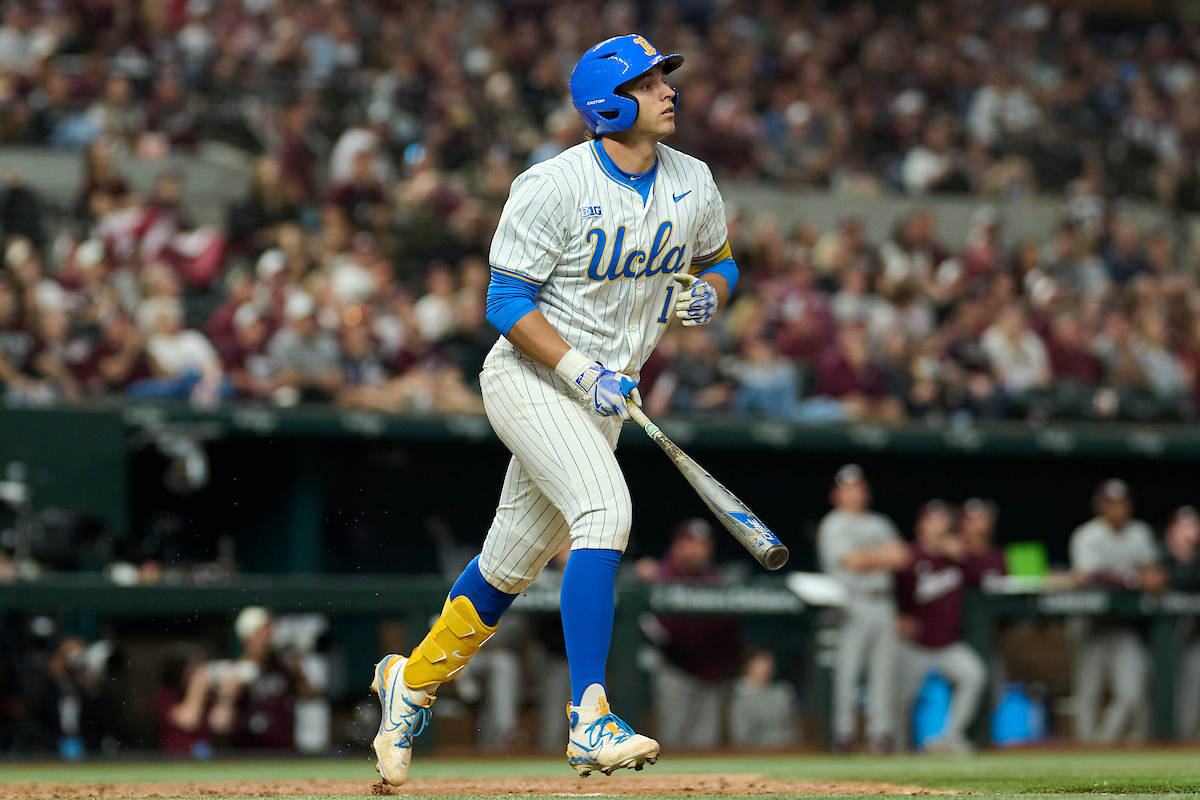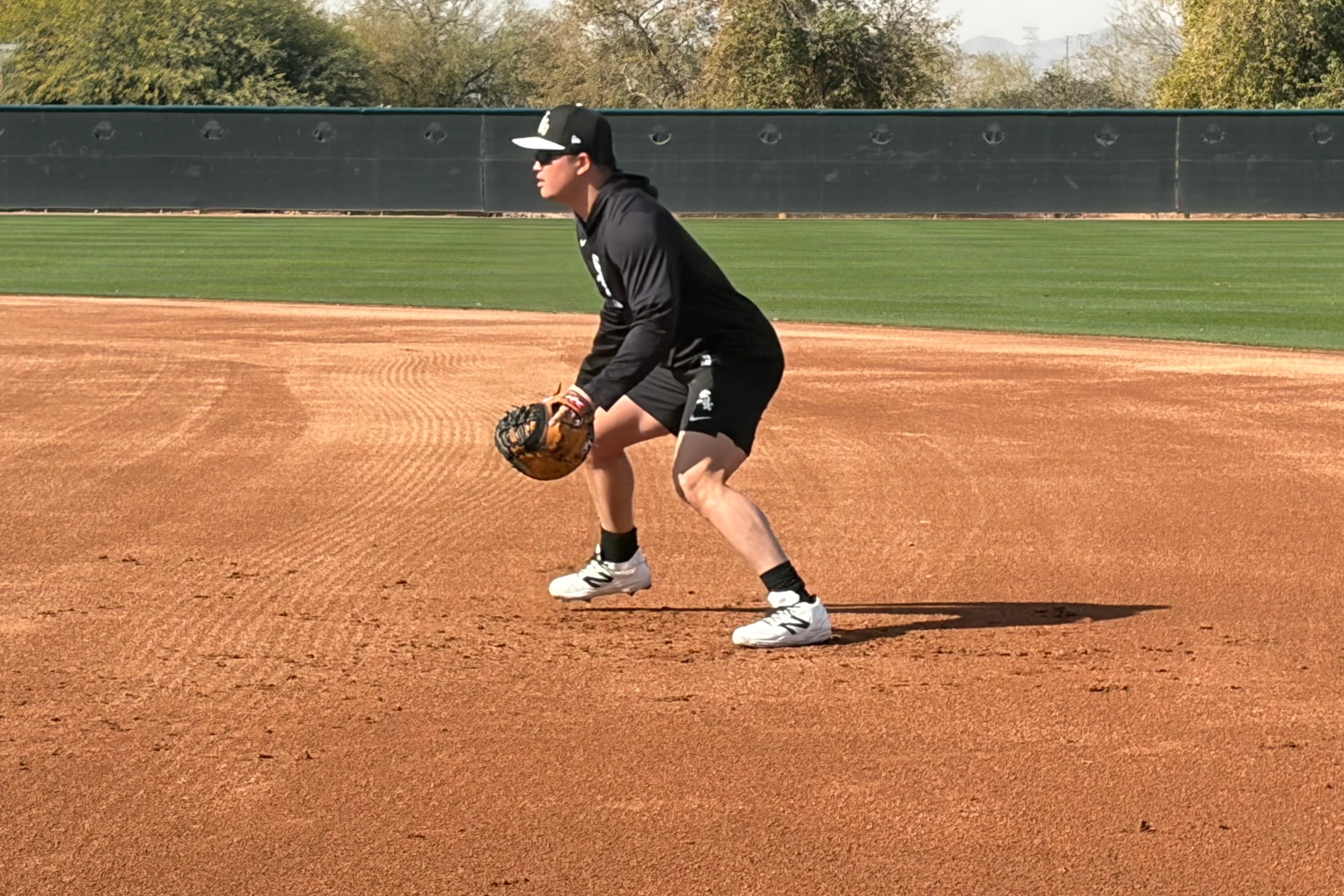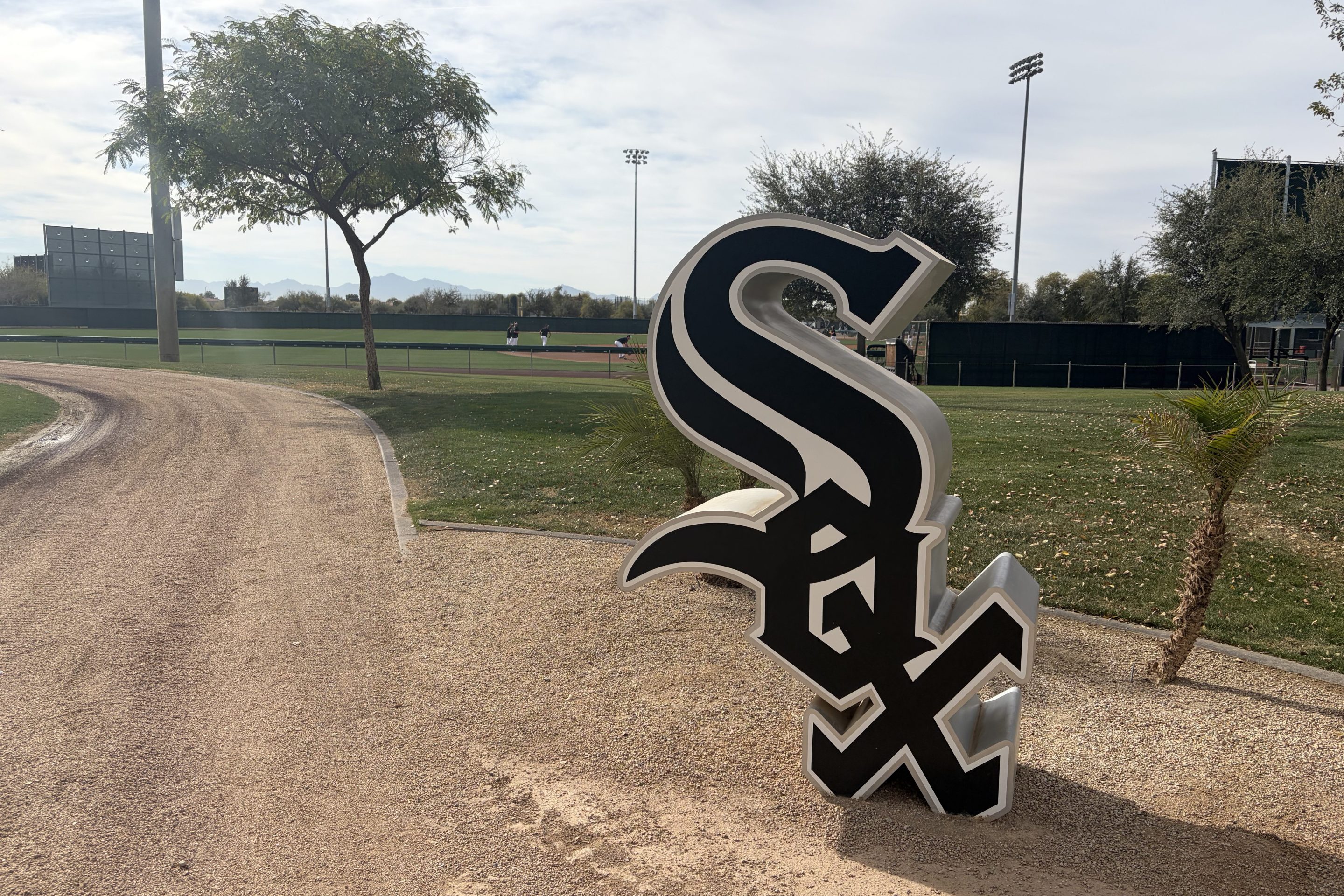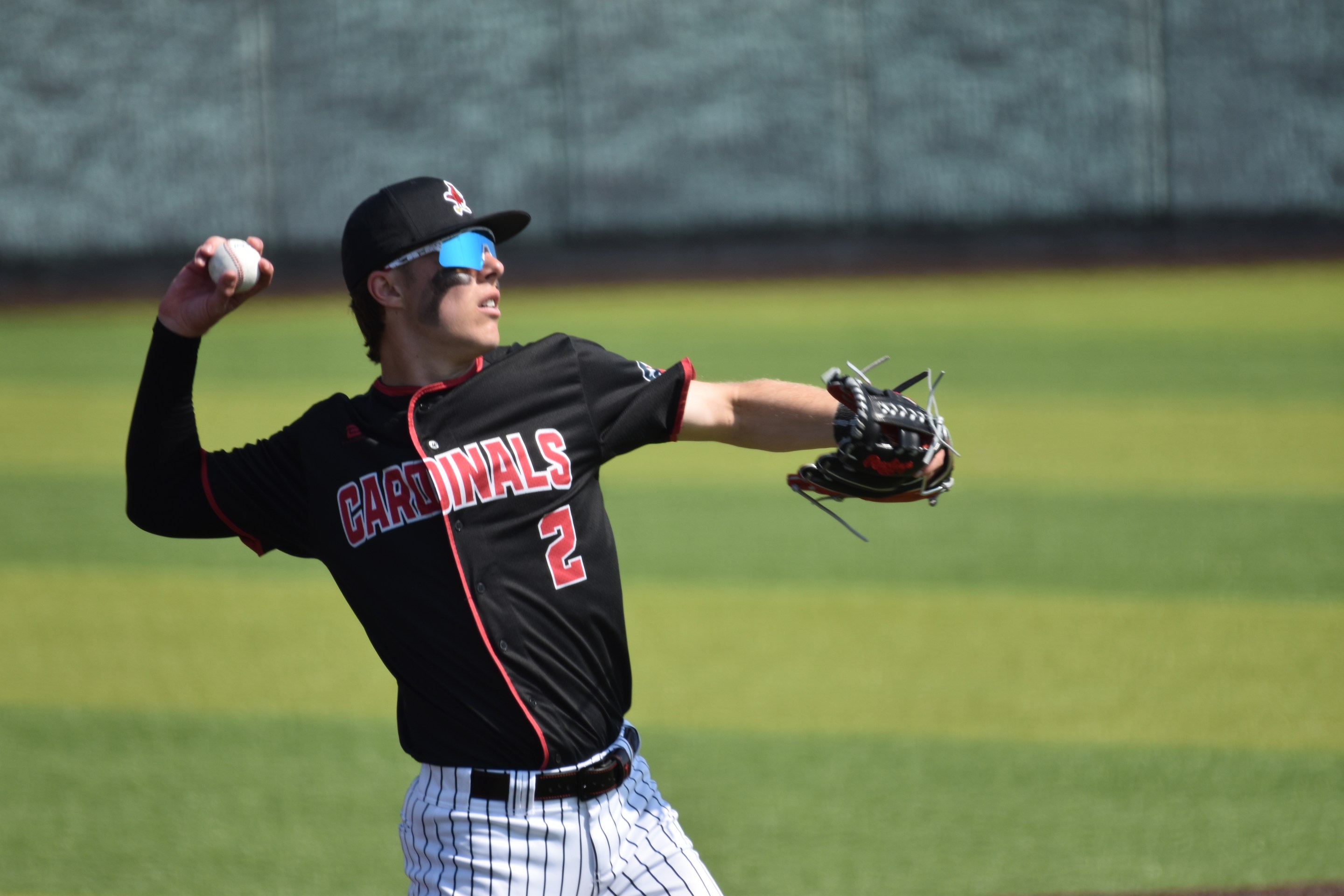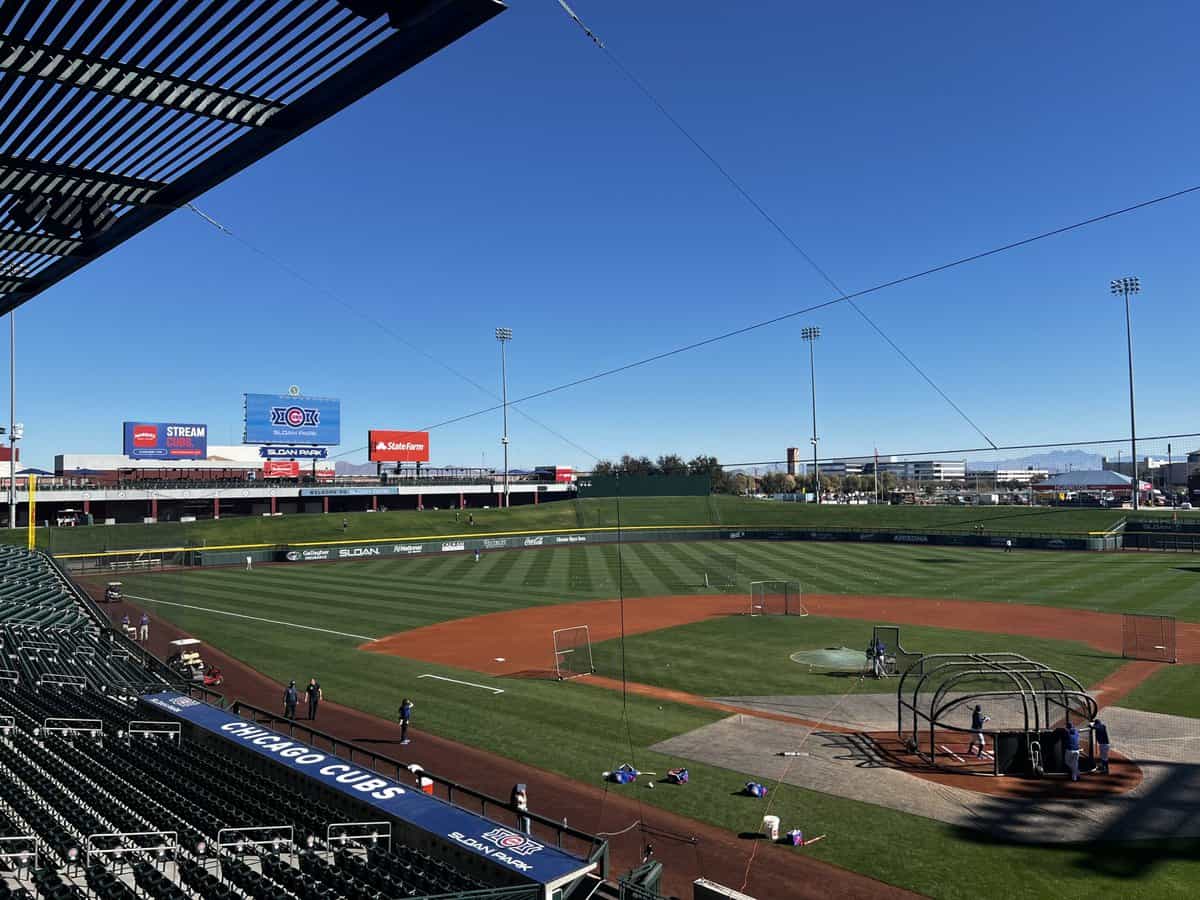We're rolling 10 questions deep this week, so let's get into it. (Update: There's an 11th question.)
Andrew asks:
Thinking about the recent plan the owners proposed about a reduced / delayed schedule, how likely do you think it is that pictures and catchers are reporting on the 17th of this month?
I was going to say my post this morning covers exactly that, but it doesn't because I didn't put a probability on it. I'm counting on a Feb. 17 start date, just because it seems like the league has a long way to go to make it worth the players' while, and with the CBA negotations around the corner, Rob Manfred might think there's use in not reaching a negotiated alternate arrangement (those players won't agree to anything!!!!). So I'm thinking 75-25 in favor of a normal start time. It'd be even more lopsided, but there's a great public health argument for holding off.
If the two sides somehow broker an agreement for a later date, I'm guessing it's because 1) the players get fully paid no matter what, and 2) the players get a bigger share of revenues from the expanded postseason. Neither of those are in the current proposal the MLBPA is supposed to reject today.
Trooper Galactus asks:
At what point will the White Sox ever spend money? Will their payroll ever exceed $150 million or, dare to dream, $160 million? Before COVID a $160 million payroll was the minimum to be in the top third of payrolls league-wide, yet Reinsdorf continues to keep the team an elite signing away from even that level.
After the White Sox won the World Series, they carried top-five payrolls for the next three seasons. I don't think a ring is necessary for that kind of spending, but a similar attendance bump and surge in postseason revenues might suffice. Such a standing is possible thanks to the luxury tax, which some of the White Sox's moves have been cognizant of. I think it's foolish to expect them to ever approach it, but it seems like Rick Hahn has tried to build up some upper-payroll architecture in case of a windfall. Until then, the Sox will have to make money to spend money, which I guess makes them relatable?
Alec asks:
If the Sox make another move this off-season, which one would disappoint you the most (I.E a quintessential Sox move instead of a logical one)
Ol' pnoles was drumming up support for signing Tyler Flowers, a move I don't object to in theory. It's one I object to emotionally, just because it was a lot of work defending Flowers' skill set the first time he was on the Sox, he's likely not going to be any more aesthetically pleasing as a 35-year-old catcher, and the anti-Flowers contingent is going to lump in aging issues with last decade's issues with the general public evaluating subtle abilities, and insist that he sucked this much the whole time.
Tank asks:
In light of how the rest of the off-season has shaped up, do you feel any differently about the Lance Lynn trade? I don’t understand trading a (probably) good, controlled pitcher for one year of an excellent pitcher if you’re going to pull up short on building a complete roster in that one year. Do the Sox actually have a plan?
I think there were two ways for the Lynn trade to be vindicated before the results are all the way in. The first one -- adding a plus starter on a cheap contract in order to enable big spending elsewhere -- is out. The second is still in play, a scenario where the Sox traded for Lynn with designs on extending him, a la Freddy Garcia in 2004.
That's something they seemed to have in mind for Jeff Samardzija, with all the nods to his Valparaiso roots and Sox fan upbringing and the Shark Cage and whatnot, but Samardzija was such a staunch union MLBPA advocate that they never had a chance of getting him at a lesser rate before the market decided. Lynn's older and has signed a few sizable contracts already, so if the Sox see somebody who moves the fastball enough to follow an aging curve akin to Bartolo Colon's, they might be able to get a deal done.
Otherwise, to revisit the topic of spending money to make money, Rick Hahn is doing the next closest thing by dipping into the prospect capital.
orajestad9 asks:
While I’m disappointed the White Sox didn’t do more to improve their areas of need this off-season, I’m still excited as they appear to be a top team in the AL on paper. What expectations do you have for this season as the roster stands now? What’s best case and worse case scenario?
It's tried and true (or trite but true) to say it comes down to health, but it kinda does here, because the Sox have pretty much a one-ply roster. It's a quality ply, but there isn't much preventing Nick Williams, Tim Beckham or Jonathan Stiever from seeing way too much action. If the Sox spread out their injuries, they can win 95 games. They look like a top-three team, and that's what a top-three team usually does.
The worst-case scenario probably includes a key injury or two, Rick Hahn's acquisition track record doing what it does and Tony La Russa immediately satiating the skeptics with an awful start. Even then, they're deep enough to where that's probably 80 wins or so. The floor is definitely higher.
Asinwreck asks:
Don Cooper famously was consulted before the Joe Borchard-Matt Thornton trade declaring he could fix Thornton's woes. If Ethan Katz was consulted before the Sox re-signed Carlos Rodón, is there anything we can point to in Katz's history that might aid the oft-injured Rodón?
The only thing I can think of is Rodón gamely trying a core velocity belt in the first spring training of the 2020 season and studying inefficiencies in his delivery, which are two things that Katz implemented with Lucas Giolito. I'd imagine/hope that Katz was consulted to see if Rodón was worth his time, because between Dylan Cease and Reynaldo López, he already has his share of starter projects cut out for him.
Rodón's initial work there predated Katz's arrival, so I'm not inclined to link them the way that Thornton/Cooper were tied so closely. If the Sox make progress across the program, it would result in 1) Katz being a fixture, and 2) the Sox not being as reliant on one guy thanks to advancements with their pitch lab and other ambassadors down the chain like Matt Zaleski, Everett Teaford, and those who follow in their wake.
Southpaw Jackson asks:
What do you realistically think the ceiling is for Micker Adolfo and do you think he could get his first cup of coffee this season? Maybe I am overly optimistic but he is the outfield farm hand I think has the highest upside right now, not counting Cespedes.
I think it's fair to say he has the most upside remaining in his bat. The quality/impact of contact just isn't there from guys like Blake Rutherford and Luis González. The problem is twofold -- the lack of reps have caused his strikeout numbers to balloon whenever he does get a little bit of run, and he's played a whole 10 games in the outfield since the end of the 2017 season, all of which were in the Arizona Fall League. I would think he's probably a couple of healthy years away from being able to realize his potential, but if the 2020 season exhausted his fourth option, then he may be a hard guy to roster/protect.
Arvi asks:
Listening to a Liam Hendricks interview he mentioned that the White Sox colors matched his wardrobe scheme already. I remember Dallas Keuchel saying something similar after signing. Forgetting that the Sox are “tapped out salary-wise”, Can we project the next White Sox signing based on available free agents wardrobe choices?
That's probably something we could scout based on postgame video and Instagram stories.
I've talked about how I wouldn't mind seeing the White Sox add some color piping to their uniforms, but given how everything is circling back to '90s fashion -- the Mets have been teasing the return of their black jerseys -- the Sox are probably best off staying put. Besides, I've also said before that the White Sox brand could be huge if they ever made the postseason two years in a row. It's been a mainstay in non-Sox culture despite the division's worst record over the last decade, so what would happen if the baseball actually backed it up?
Chef Eric asks:
Playoff expansion seems to be where MLB is heading. Would it make sense to reorganize the divisions/leagues similar to the NBA where top 7 or 8 teams in each league make it?
Looking at the postseason as a true meritocracy, it always makes the most sense to have a balanced schedule and no divisions. And really, if baseball is going to prioritize the postseason over the regular season, then they may as well try to iron out as much as they can to avoid skewing the field, because unlike the NBA, home field advantage and best-of-fives/best-of-sevens don't reliably decide the better team in baseball. MLB's postseason needs all the help it can get in reliably crowning the best.
The question is whether there's the real pot of gold at the end of NBA-izing MLB -- increasing fan interest. There's a ton of money there for sure, but it mostly seems like a cash grab during a time of turmoil between cable and streaming providers. I'm not convinced that it's going to sustain fan interest and excitement. It works for the NBA and NHL because their playoffs are way more exciting than the regular-season product. Meanwhile, MLB would be directing all the attention and money to the product that's the hardest to watch.
Now, the four-team postseason wasn't exactly reeling in the youth, either. I just keep coming back to the idea that what sets baseball apart is six months of everyday action, not the tournament at the end, so why wouldn't you do what you could to stress the regular season?
[extremely Hawk Harrelson voice] “Baseball is built on three things: great players, traditions and rivalries!” [/extremely Hawk Harrelson voice]
Philip asks:
What do you see as the biggest risk on the Sox roster outside of back end of the rotation, DH, RF or back up catcher?
Probably Luis Robert, just because we have plenty of experience in watching other hyper-aggressive hitters like Tim Anderson and Avisaíl García need years to figure out how to find a balance, and he might be more severe than either. Looking at the rest of the diamond, I'm reminded that we were all afraid of José Abreu's sub-.300 OBP against right-handed pitching in 2019. Winning the MVP rightfully erases the hang-wringing, but this question asks me to do some worrying about non-trouble spots, so here we are.
John O. asks:
Sox Machine is my favorite sox podcast. But I enjoy pretty much all the other big ones in various different ways. Which Sox podcast do you listen to Jim? (Or really any podcast recs.). And do you listen to them more for content or as a professional courtesy?
I don't listen to any White Sox podcasts regularly, or any baseball podcasts for that matter. It's mostly contingent on guests, or whether there's a topic or segment that catches my eye. That's no slight on the field, it's a limitation of the format. There are only so many hours in the day, especially hours where my ears are a captive audience, and some podcasts are the easiest way to get my fix of certain entertainment or other topics of interest. I gotta generate metaphor fuel somehow.
Every episode:
- 99% Invisible: I reviewed the book, which gives you a taste of what it covers.
- Superego: Improv comedy, edited down into cohesive sketches. My favorite podcast of all time.
- Pistol Shrimps Radio: Rec league basketball play-by-play from two of the guys in Superego.
- Nice White Parents: Good things to be aware of with regards to how public schools work, and can be manipulated (five-part series).
- Wind of Change: An investigation into whether the Scorpions song "Wind of Change" was written by the CIA, with tangents into government propaganda (eight-part series).
- Cautionary Tales: Stories of human error and unintended consequences.
Most episodes:
- Comedy Bang Bang: The seminal improv comedy podcast.
- Bonanas for Bonanza: An episode-by-episode review of Bonanza.
Some episodes:
- BBC's In Our Time: It's a great way to flesh out topics I have even an introductory-level kind of familiarity with (Custer's Last Stand, Napoleon, Alan Turing), but I'm in over my head if I'm going in completely cold. Melvyn Bragg has impressive range as a host.
- Why Is This Happening?: Ripped-from-today's-headlines interviews. Most of the topics are intense or dispiriting, so I need to be ready for it.

